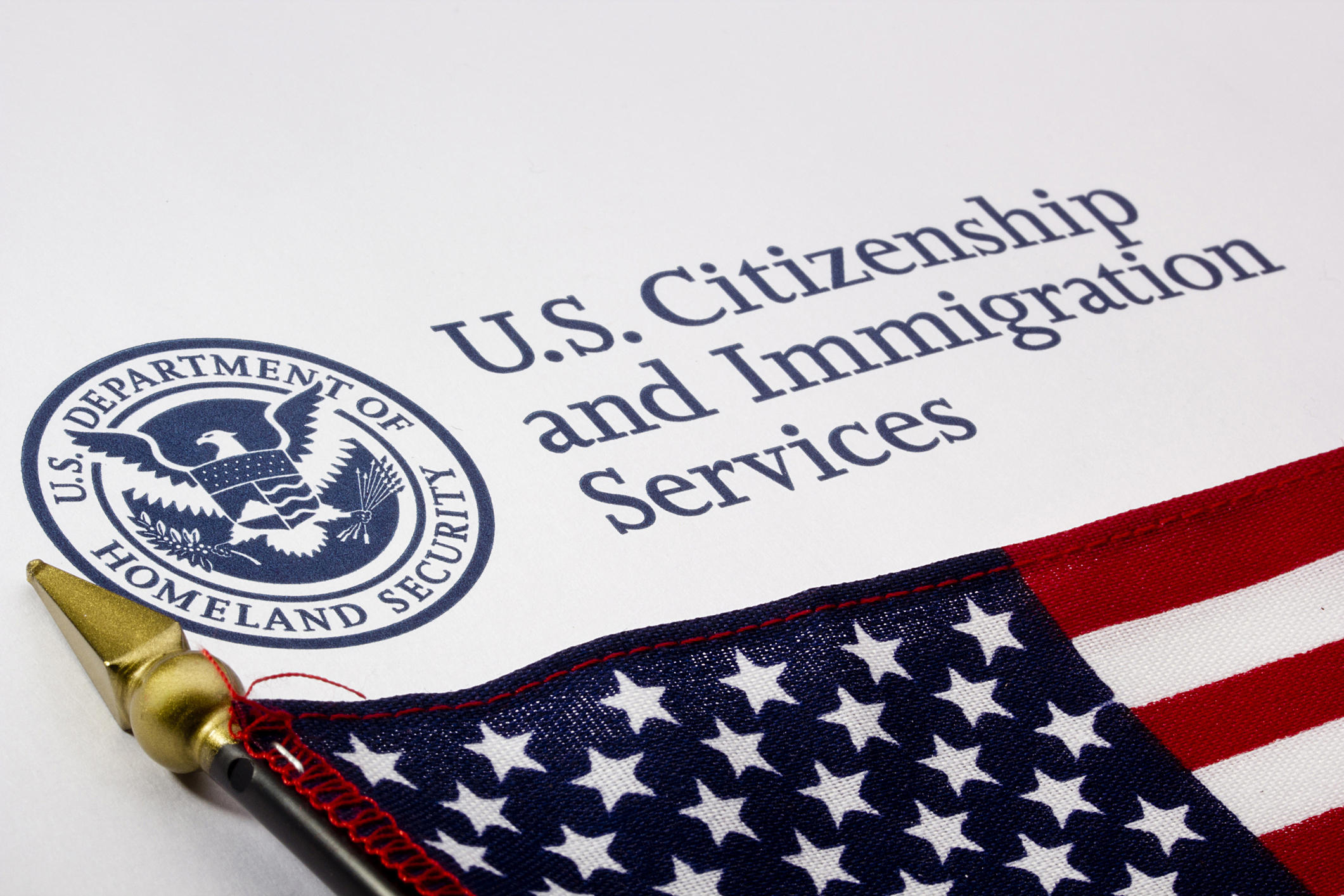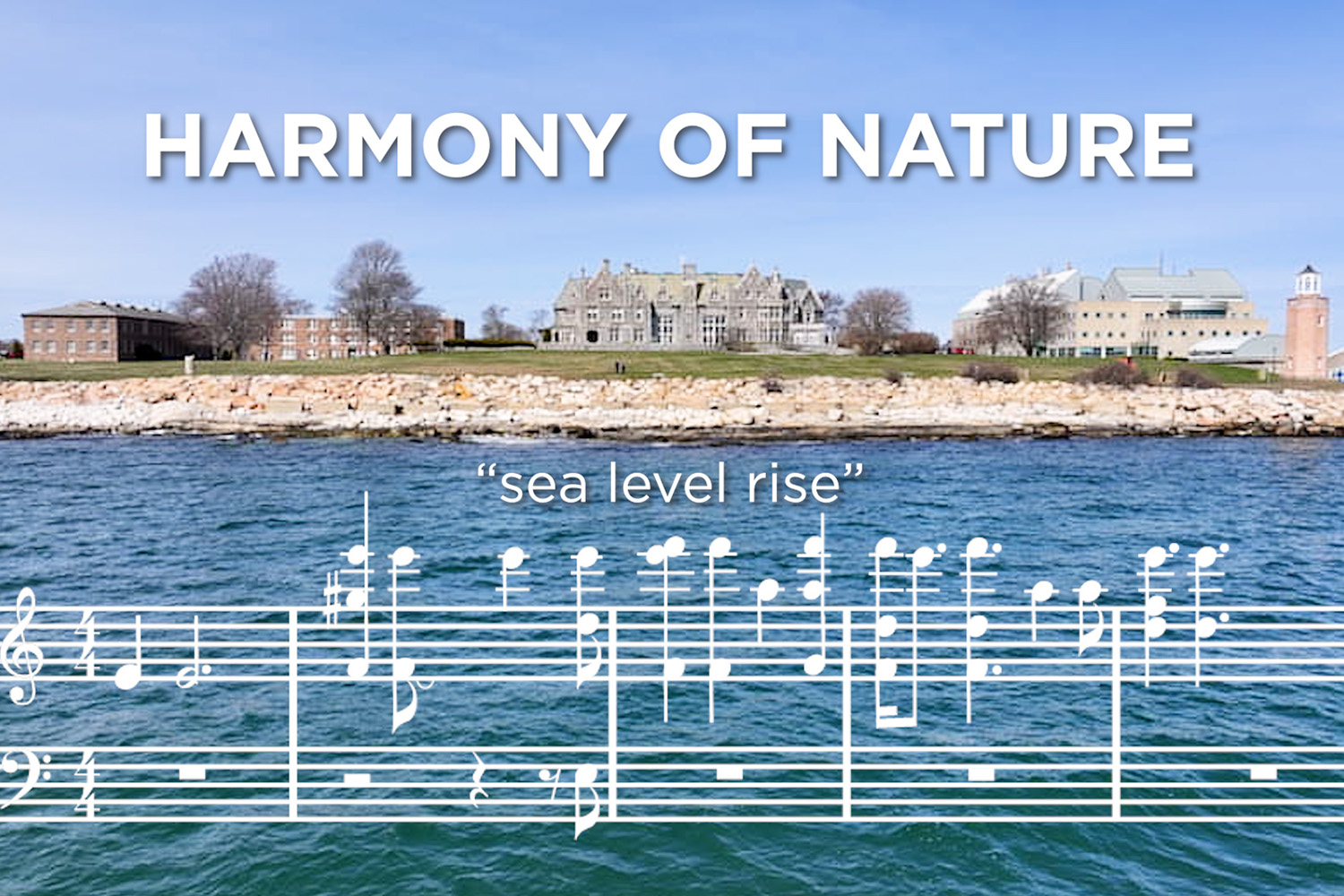Law students are offering consultations to young people affected by the discontinuation of the DACA immigration policy, while learning practical skills that will be useful in their own future careers, through a new Immigration and Detention and DACA Clinic at UConn Law.
The policy (Deferred Action for Childhood Arrivals) allowed some individuals who entered the country illegally as minors to receive a renewable two-year period of deferred action from deportation and be eligible for a work permit. Now, that policy is being phased out, leaving the lives of many young people uncertain.
People sometimes don’t know their basic rights, such as the right to legal representation at a hearing. — Taylor Faranda Korthuis
The students provide those facing the loss of their DACA status with the best advice and options possible within the law. They are also helping immigrants held in detention to seek release and the opportunity to remain in the United States while they litigate their removal cases.
“There is a real need for legal services of this type. The issues at stake are very serious,” said Jon Bauer, a law professor who directs the program along with Anna Cabot, a teaching fellow at the School of Law. “People face being deported back to countries where they don’t know anyone, or where they may face serious persecution.”
The program is part of the UConn School of Law Legal Clinic, and is a spinoff of the Asylum and Human Rights Clinic, which was founded in 2002.
The UConn students are providing a valuable resource to a population in need while also receiving real-life experience that will benefit their future careers.
“We’re getting a lot of transferable skills, even if you’re not going into immigration,” said third-year student Stephanie O’Loughlin ’14 (CLAS), of Wolcott, Connecticut. “We’re really learning how to interview and counsel with our clients and learning how to tell them sometimes things that are difficult, which is the nature of any public interest law.”
“When you start to help people with no other option, you really understand what it is like to be an attorney,” said second-year student Jesse King of Avon, Connecticut. “With the uncertainty of the DACA program, our clients don’t even know their status for the next couple of weeks. You have to distance yourself from the political climate.”
The students often work in pairs on cases, as King did with second-year student Onya Brown from New Haven, Connecticut.
“We come from two completely different backgrounds and that helps us make decisions,” said Brown.
Second-year student Julia Steere of Trumbull, Connecticut, considers the clinic the best practical experience she’s had: “I’ve developed skills you don’t get in a traditional setting, and I am interacting with clients in a very emotional situation.”
She had one client who gave up going to college to support her family. “She let her younger sister go to college to support her own dreams,” said Steere. “She and her entire family live their life in fear. They even worry about driving and getting pulled over. They are not getting a fair chance to succeed because of this fear.”
The clinic is also partnering with the ACLU Immigrant Protection Project of Western Massachusetts to assist immigration detainees from Connecticut who are housed at the Franklin County House of Corrections in Greenfield. And, UConn is working with RAICES, a legal assistance program at the Karnes County Detention Center in Texas, to do work on behalf of detainees who are facing expedited removal because they were found not to have a “credible fear” of persecution.
“People sometimes don’t know their basic rights,” such as the right to legal representation at a hearing, said third-year student Taylor Faranda Korthuis of Colorado Springs, Colorado, who has worked with detainees at the Franklin County facility. Her interest in immigration law is informed by the two years she lived in Costa Rica and Honduras before law school.
“I lived with families in poor neighborhoods with gangs and violence,” she said. “I learned why people flee their homes to come to the United States.”
Third-year student Shehrezad Haroon ’14 (CLAS), from Southington, Connecticut, has a special perspective on the issue: she came to the U.S. from Pakistan at the age of two.
“There is so much uncertainty, and that makes it difficult,” Haroon said. “I relate to the American dream and the opportunities in this country. I love to help people achieve that. People should not be punished for wanting that opportunity, especially when they came here at such a young age.”



